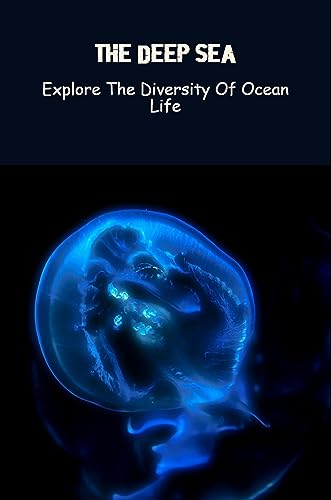The Remarkable Diversity of British Seas===
The British seas are a fascinating and diverse ecosystem that stretches along the coastlines of the United Kingdom. From the cold and choppy waters of the North Sea to the more temperate waters of the English Channel, these seas offer a wealth of exploration and discovery for marine enthusiasts and scientists alike. With their rich tapestry of underwater habitats and an abundance of marine life, the British seas are a treasure trove of biodiversity. However, these waters also face threats and challenges that require urgent attention. In this article, we will delve into the depths of the British seas, explore their underwater habitats, uncover the incredible biodiversity they harbor, discuss the threats they face, and highlight the conservation efforts being made to protect and preserve these vital marine ecosystems.
===A Journey into the Depths: Exploring the Underwater Habitats===
The British seas encompass a variety of unique and diverse underwater habitats. Along the rocky coastlines, you can find expansive kelp forests, providing shelter and food for a myriad of marine species. These forests create a complex ecosystem, supporting a wide range of life, from tiny invertebrates to large fish and mammals. In the sandy and muddy seabeds, you can witness the intricate network of burrows and tunnels created by organisms such as lugworms and brittlestars. These seabeds are nurseries for many commercially important fish species and are essential for their survival. Additionally, the deep-sea trenches and canyons found in the British seas are home to mysterious and alien-like creatures, adapted to survive in extreme conditions of darkness and pressure.
===A Rich Tapestry of Marine Life: Biodiversity in British Waters===
The British seas are teeming with an astonishing diversity of marine life. From charismatic species like dolphins, seals, and whales to the colorful and intricate world of coral reefs, there is an abundance of fascinating creatures to discover. British waters are also home to a wide range of fish species, including cod, herring, and salmon, which play a crucial role in supporting both the ecosystem and the local fishing industry. In addition, the seas are populated by a variety of crustaceans, mollusks, and other invertebrates, all contributing to the intricate web of life underwater.
===Threats and Challenges Facing the British Seas===
Despite their remarkable diversity, the British seas face a multitude of threats and challenges. Overfishing has led to the depletion of fish stocks and disrupted the delicate balance of the marine ecosystem. Pollution, such as plastic waste and chemical contaminants, poses a significant threat to marine life, affecting their health and reproductive capabilities. Climate change also has a profound impact on the seas, causing rising sea temperatures, ocean acidification, and extreme weather events, all of which can have devastating consequences for marine species and their habitats.
===Conservation Efforts: Protecting and Preserving Marine Ecosystems===
Recognizing the importance of preserving the British seas, various conservation efforts are underway. Marine protected areas (MPAs) have been established to safeguard specific habitats and species, allowing them to recover and thrive. These MPAs restrict damaging activities such as fishing and mining in order to facilitate ecosystem recovery. Additionally, organizations and individuals are working towards reducing plastic pollution through awareness campaigns, beach clean-ups, and promoting sustainable alternatives. Efforts are also being made to promote sustainable fishing practices that ensure the long-term viability of fish stocks and protect vulnerable species.
===Future Outlook: Promoting Sustainable Practices for the Seas===
To ensure the future health and sustainability of the British seas, it is essential to promote and implement sustainable practices. This includes reducing greenhouse gas emissions to mitigate the impacts of climate change, improving waste management systems to prevent pollution, and establishing more MPAs to protect vulnerable habitats and species. Collaboration between government, scientific institutions, conservation organizations, and local communities is crucial for the success of these efforts. By fostering a greater understanding and appreciation for the value of the British seas, we can work towards a future where these remarkable ecosystems thrive and continue to provide vital services for both marine life and human communities.
===
The British seas are a treasure trove of biodiversity and a vital part of our natural heritage. Through exploring their depths and understanding their complexity, we can appreciate the wonders they hold and the urgent need to protect and preserve them for future generations. By implementing sustainable practices and raising awareness about the threats they face, we can ensure the British seas continue to flourish and provide us with invaluable ecosystem services. Let us strive towards a future where the diversity and vitality of the British seas are safeguarded, allowing both nature and humanity to thrive together.

